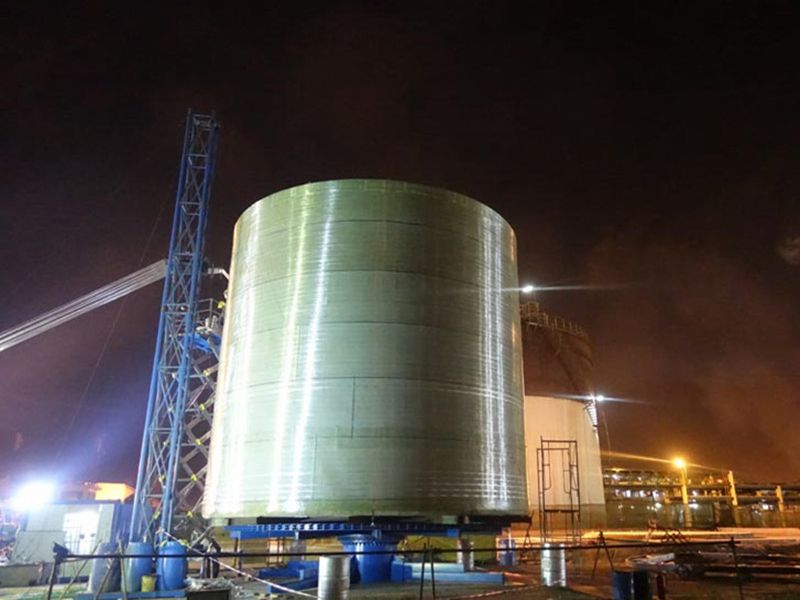
-
 Afrikaans
Afrikaans -
 Albanian
Albanian -
 Amharic
Amharic -
 Arabic
Arabic -
 Armenian
Armenian -
 Azerbaijani
Azerbaijani -
 Basque
Basque -
 Belarusian
Belarusian -
 Bengali
Bengali -
 Bosnian
Bosnian -
 Bulgarian
Bulgarian -
 Catalan
Catalan -
 Cebuano
Cebuano -
 China
China -
 China (Taiwan)
China (Taiwan) -
 Corsican
Corsican -
 Croatian
Croatian -
 Czech
Czech -
 Danish
Danish -
 Dutch
Dutch -
 English
English -
 Esperanto
Esperanto -
 Estonian
Estonian -
 Finnish
Finnish -
 French
French -
 Frisian
Frisian -
 Galician
Galician -
 Georgian
Georgian -
 German
German -
 Greek
Greek -
 Gujarati
Gujarati -
 Haitian Creole
Haitian Creole -
 hausa
hausa -
 hawaiian
hawaiian -
 Hebrew
Hebrew -
 Hindi
Hindi -
 Miao
Miao -
 Hungarian
Hungarian -
 Icelandic
Icelandic -
 igbo
igbo -
 Indonesian
Indonesian -
 irish
irish -
 Italian
Italian -
 Japanese
Japanese -
 Javanese
Javanese -
 Kannada
Kannada -
 kazakh
kazakh -
 Khmer
Khmer -
 Rwandese
Rwandese -
 Korean
Korean -
 Kurdish
Kurdish -
 Kyrgyz
Kyrgyz -
 Lao
Lao -
 Latin
Latin -
 Latvian
Latvian -
 Lithuanian
Lithuanian -
 Luxembourgish
Luxembourgish -
 Macedonian
Macedonian -
 Malgashi
Malgashi -
 Malay
Malay -
 Malayalam
Malayalam -
 Maltese
Maltese -
 Maori
Maori -
 Marathi
Marathi -
 Mongolian
Mongolian -
 Myanmar
Myanmar -
 Nepali
Nepali -
 Norwegian
Norwegian -
 Norwegian
Norwegian -
 Occitan
Occitan -
 Pashto
Pashto -
 Persian
Persian -
 Polish
Polish -
 Portuguese
Portuguese -
 Punjabi
Punjabi -
 Romanian
Romanian -
 Russian
Russian -
 Samoan
Samoan -
 Scottish Gaelic
Scottish Gaelic -
 Serbian
Serbian -
 Sesotho
Sesotho -
 Shona
Shona -
 Sindhi
Sindhi -
 Sinhala
Sinhala -
 Slovak
Slovak -
 Slovenian
Slovenian -
 Somali
Somali -
 Spanish
Spanish -
 Sundanese
Sundanese -
 Swahili
Swahili -
 Swedish
Swedish -
 Tagalog
Tagalog -
 Tajik
Tajik -
 Tamil
Tamil -
 Tatar
Tatar -
 Telugu
Telugu -
 Thai
Thai -
 Turkish
Turkish -
 Turkmen
Turkmen -
 Ukrainian
Ukrainian -
 Urdu
Urdu -
 Uighur
Uighur -
 Uzbek
Uzbek -
 Vietnamese
Vietnamese -
 Welsh
Welsh -
 Bantu
Bantu -
 Yiddish
Yiddish -
 Yoruba
Yoruba -
 Zulu
Zulu
Innovative Solutions for Storing and Transporting Fiberglass Tanks Safely and Efficiently
The Advantages of Fiberglass Transport Tanks
In the realm of industrial storage and transportation, fiberglass transport tanks have emerged as a preferred choice for many businesses. These tanks are engineered from a composite material that combines glass fibers with a resin, creating a lightweight yet incredibly durable solution for transporting liquids and various substances. The benefits of fiberglass transport tanks are numerous, making them an essential component in industries ranging from agriculture to chemical manufacturing.
One of the primary advantages of fiberglass transport tanks is their resistance to corrosion. Unlike traditional metal tanks, which can rust and deteriorate when exposed to harsh chemicals or environmental conditions, fiberglass tanks stand up to a wide range of substances. This property not only extends the lifespan of the tanks but also ensures the safety and integrity of the materials being transported.
Lightweight design is another significant benefit of fiberglass transport tanks. Their reduced weight makes them easier to handle and install, requiring less manpower and equipment during transport. This feature is especially advantageous for businesses that need to move their tanks frequently, as it lowers labor costs and enhances efficiency.
fiberglass transport tank

Furthermore, fiberglass is an excellent insulator. This characteristic is crucial for transporting temperature-sensitive materials. Unlike some other materials, fiberglass tanks can help maintain the thermal properties of their contents, protecting them from rapid temperature fluctuations that could compromise their quality.
Additionally, fiberglass transport tanks are known for their versatility. They can be manufactured in various shapes and sizes to accommodate different applications, whether for storing chemicals, water, or food-grade products. Customization options allow businesses to tailor the tanks to fit their specific needs, maximizing their utility.
Another noteworthy aspect is the low maintenance requirements associated with fiberglass tanks. They do not demand frequent upkeep, as they are resistant to issues like leaks and cracks that can plague metal tanks over time. This reliability translates to significant long-term cost savings for businesses.
In conclusion, fiberglass transport tanks offer a host of advantages that make them an ideal choice for many industries. Their corrosion resistance, lightweight design, excellent insulation properties, versatility, and low maintenance needs position them as a superior alternative to traditional storage solutions. As industries continue to prioritize efficiency and sustainability, fiberglass transport tanks will likely remain at the forefront of storage technology, meeting the evolving demands of modern businesses.









